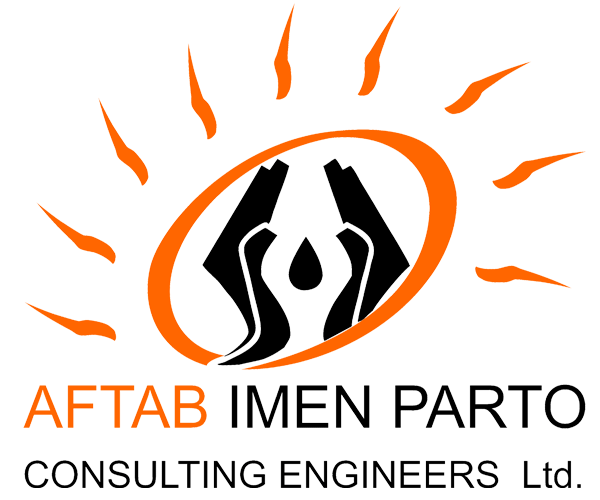What is SIMOPS Training?
SIMOPS (Simultaneous Operations) training focuses on managing risks when multiple high-risk activities take place at the same time in the same location. These operations may include construction, drilling, maintenance, hot work, lifting, and production activities, which, if not properly coordinated, can lead to serious safety incidents, operational conflicts, or environmental hazards.
SIMOPS is crucial in oil and gas, petrochemical, construction, mining, and offshore industries, where different teams work together in complex environments.
Objectives of a SIMOPS Training Course
A SIMOPS training course equips participants with the knowledge and skills to:
1. Understand SIMOPS Methodology–Learn how to assess and manage risks in simultaneous operations.
2. Identify and Mitigate SIMOPS Hazards–Recognize conflicts between operations (e.g., hot work near flammable areas, crane operations near live process units).
3. Improve Coordination & Communication–Establish clear roles, responsibilities, and communication protocols for multiple teams working together.
4. Ensure Regulatory & Safety Compliance–Align with OSHA, API RP 75, ISO 45001, and industry-specific safety regulations.
5. Develop SIMOPS Plans & Permitting Systems–Learn how to create SIMOPS risk assessments, work permits, and emergency response plans.
6. Apply SIMOPS in Real-World Scenarios–Use case studies, risk matrices, and practical exercises to manage SIMOPS effectively.
Who Should Attend a SIMOPS Training?
This training is valuable for professionals involved in multi-activity operations and risk management, including:
• HSE (Health, Safety & Environment) Managers & Officers–Overseeing safety during simultaneous operations.
• Operations & Maintenance Managers–Managing risks when different teams work on live facilities.
• Project & Construction Managers–Coordinating safe execution of simultaneous construction and operational activities.
• Drilling & Rig Managers–Ensuring safe drilling operations alongside other activities.
• Permit-to-Work (PTW) Coordinators–Managing work permits and SIMOPS risk controls.
• Emergency Response Teams–Preparing for potential conflicts and incidents during SIMOPS.
Why is SIMOPS Training Important?
SIMOPS is essential for preventing accidents and operational conflicts in hazardous environments. Effective SIMOPS management:
• Reduces the risk of major incidents (e.g., fire, explosion, equipment collisions).
• Ensures seamless coordination between multiple teams.
• Minimizes downtime and project delays caused by safety incidents.
• Improves compliance with industry safety regulations.
By mastering SIMOPS best practices, professionals can enhance safety, improve efficiency, and prevent operational conflicts in high-risk industries.

